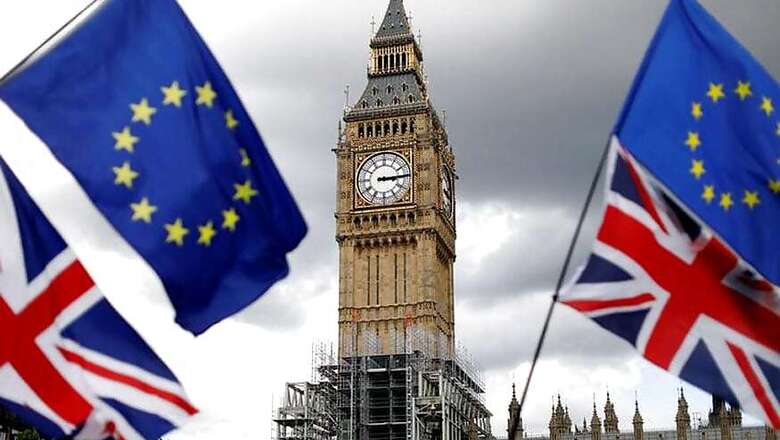
views
Britain must maintain free trade and European Union regulatory alignment for the automotive industry as Brexit offers no upside for the sector, a committee of lawmakers said.
As one of Britain's few manufacturing success stories since the 1980s, the car industry employs more than 800,000 people and generates a turnover of 77.5 billion pounds ($110 billion).
But companies are worried that Britain's exit from the single market could lead to customs checks, trade barriers and tariffs which would push up costs and risk the long-term viability of their factories.
"There is no credible argument to suggest there are advantages to be gained from Brexit for the UK car industry," the chairwoman of Britain's business committee Rachel Reeves, an opposition Labour lawmaker, said on Thursday.
"The Prime Minister now needs to ensure common sense pragmatism prevails and spell out the Government’s intention to seek continued regulatory and trading alignment with the EU in the automotive sector," she said.
Ministers have promised to align British regulations with EU ones in some areas, such as the automotive sector, and maintain free and unfettered trade with the industry's biggest export market.
Toyota said on Wednesday it will build the next generation of its Auris car at its English plant, but warned that continued free and frictionless trade was "vital for future success."
However, executives had told the committee that some firms such as Honda are considering building extra warehouses and stockpiling parts to protect their operations from any delays as a result of Brexit, which would add cost.
Lawmakers also concluded that Britain should maintain existing certification arrangements, by which cars approved in Britain can be used on the continent and vice versa.
On Monday, the chief executive of Aston Martin told Reuters the luxury carmaker was using a regulator in the European Union rather than Britain's own body to approve its new car due to uncertainty over future regulations.
"We recommend that the government... prioritise the continuation of existing arrangements for the Vehicle Certification Agency to authorise type approvals for the European single market, whether as part of a Mutual Recognition Agreement or some alternative arrangement," the committee said.
Also Watch
















Comments
0 comment